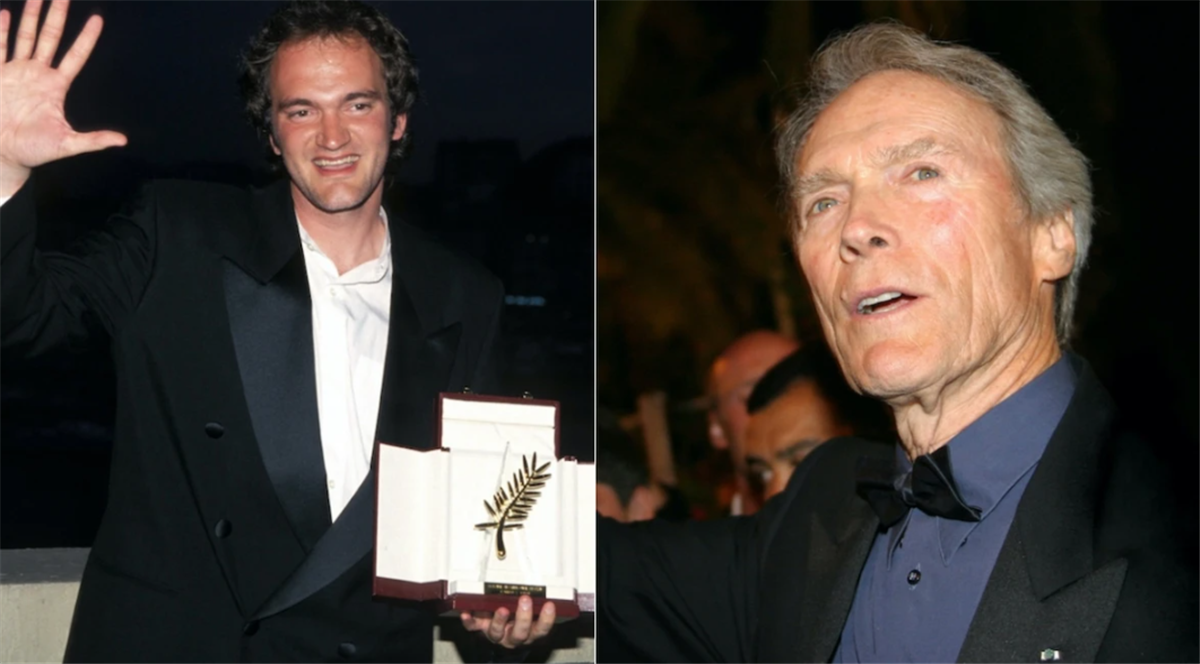Clint Eastwood could have missed out on his career! In any case, this is the theory of Quentin Tarantino, who defends that the American actor, also director of classics like Merciless or On the Road to Madison, owes his career to a particular encounter, and not Sergio Leone, as is might expect it.
In his book Cinema Speculations, Tarantino discusses Escape from Alcatraz, with Clint and directed by Don Siegel, insisting on the fact that, if the film is rather successful, it has an additional “meta” dimension:
But the real escape is Siegel who achieves it by not letting his friend Eastwood down. The artistic collaboration between the great star and the great director is among the most important of all time. This collaboration is largely due to the fact that each of the two was infinitely indebted to the other.

Indeed, after filming A Fistful of Dollars and And for a Few Dollars More with Sergio Leone in Italy, Clint Eastwood wanted to return to pursue a career in his country, the United States. Before that, he nevertheless agreed – with a significant salary increase – to shoot The Good, the Bad and the Ugly (1966).
On his return to America, the actor notably filmed A Sheriff in New York (1968) with a studio director he did not know, Don Siegel. The meeting with the two men was fruitful, because Sierra Torride (1970) followed and in 1971, the duo remained together for the year, filming The Prey and Inspector Harry (by Siegel) and A Thrill in the night (directed by Eastwood, in which Siegel appears).

Detective Harry was a huge success and Eastwood’s career took off and Siegel’s was revived. They would only meet again eight years later for Escape from Alcatraz, which would mark their last collaboration. Tarantino writes:
“With Siegel, Eastwood escaped the flash-in-the-pan success of the Hollywood studio system (he could instead have stayed in Italy like Lee Van Cleef, for example, and made a series of food films in the land of pasta).”
“With Eastwood, Siegel escaped from anonymity to rise, relatively late in his life, to the top of the list of major Hollywood filmmakers.”
